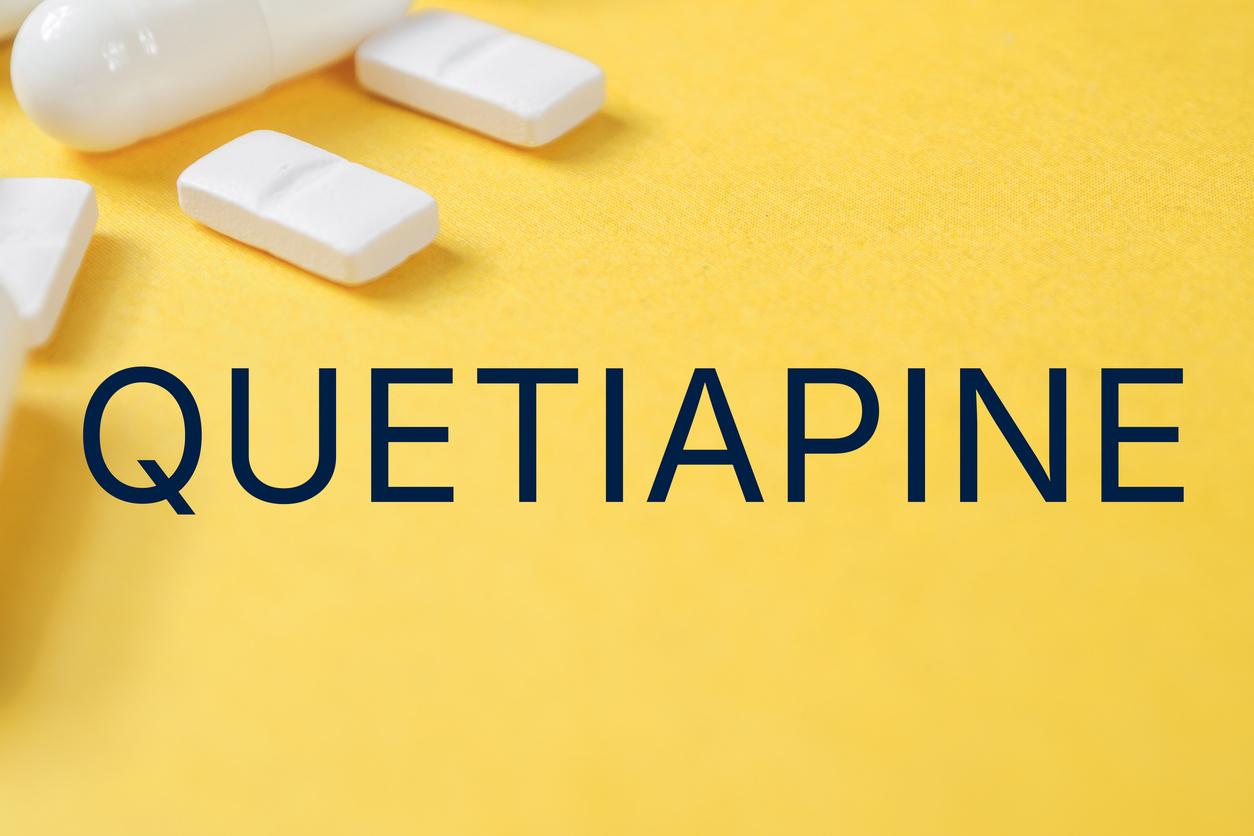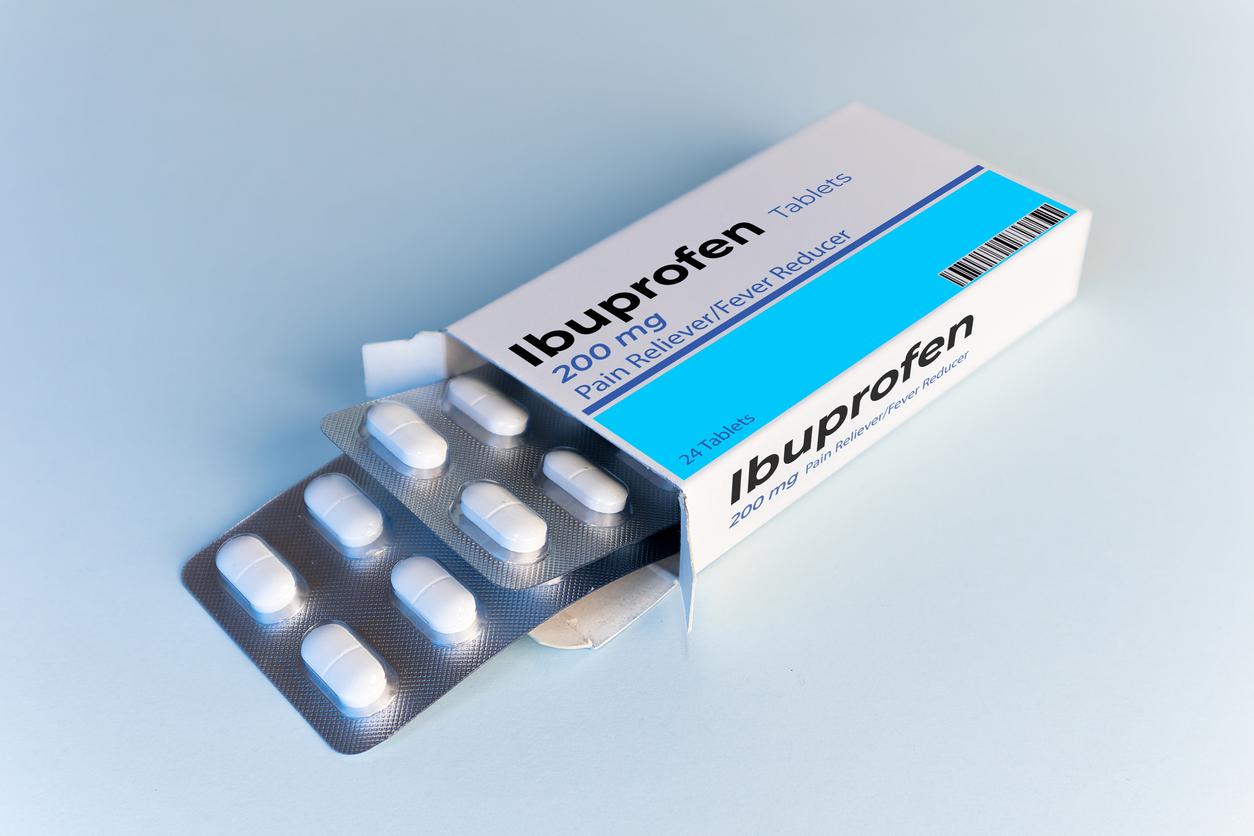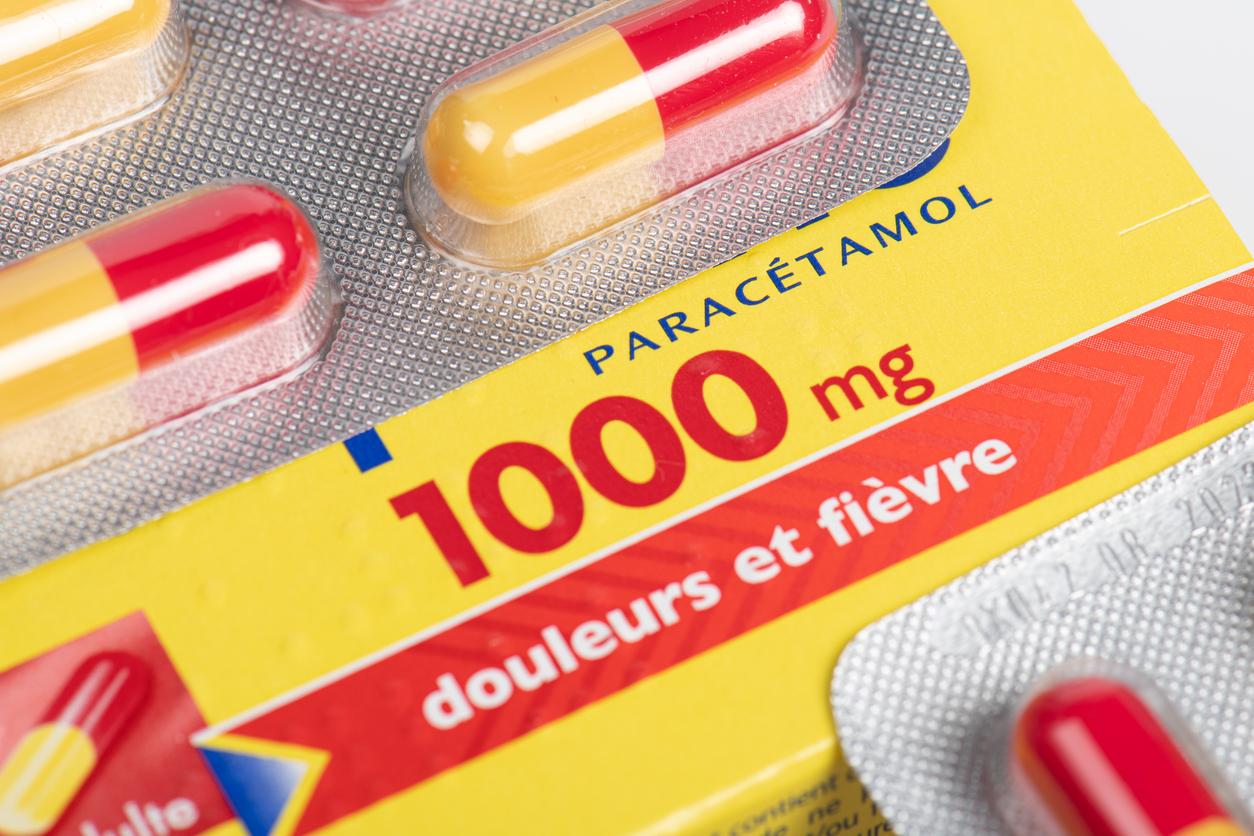Diabetics who take glucagon-like peptide-1 analogues may be less likely to develop dementia later in life.

- Ozempic may reduce the risk of dementia in people with type 2 diabetes.
- After analysis, glucagon-like peptide-1 analogues were indeed associated with a 31% lower risk of dementia than dipeptidyl peptidase-4 inhibitors and 59% lower than sulfonylureas.
- In 2021, total expenditure on diabetes and reimbursed by Health Insurance exceeded 9 billion euros, an increase of 7% compared to 2020.
Ozempic may reduce the risk of dementia in people with type 2 diabetes, a new study suggests.
The study in question involved more than three million Swedes aged 65 or older and ran from January 1, 2004 to December 31, 2020. All participants had type 2 diabetes and none had a history of dementia.
The researchers divided the cohort members into three groups based on the type of diabetes drug they were taking: glucagon-like peptide-1 (which includes Ozempic), dipeptidyl peptidase-4 inhibitors or sulfonylureas.
Lower risk of dementia with Ozempic
After analysis, the analogues of the glucagon-like peptide-1 were associated with a 31% lower risk of dementia than dipeptidyl peptidase-4 inhibitors and a 59% lower risk than sulfonylureas.
“This finding is important because it can help doctors make better decisions about which medications to use for older patients with type 2 diabetes,” said study author Bowen Tang (Karolinska Institutet).
Randomized trials are now needed to confirm the protective effect of analogues of glucagon-like peptide-1 against dementia.
Additionally, note that the study compared the relative effectiveness of three classes of drugs but did not measure their absolute effects versus placebo, which again is necessary to solidify its results.
Type 2 diabetes: “a real epidemic in progress”
“The prevalence of diabetes is constantly increasing in our country, going from 5.6% of the French population in 2015 to 6.07% in 2021. This significant increase in cases of diabetes indicates a real epidemic in progress,” remember French Federation of Diabetics (FFD). “Diabetes management currently represents a major socio-economic and public health challenge. In 2021, total expenditure on diabetes and reimbursed by Health Insurance exceeded 9 billion euros, an increase of 7% compared to 2020”, she emphasizes.
Diabetes is a sustained excess of glucose concentration in the blood (hyperglycemia). “In the case of type 2 diabetes, this phenomenon is caused by a disruption in carbohydrate metabolism. If it appears gradually and insidiously, the disease has serious, even fatal, consequences in the long term,” noted Inserm.

















